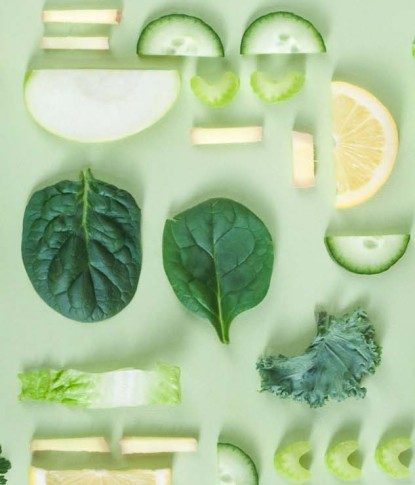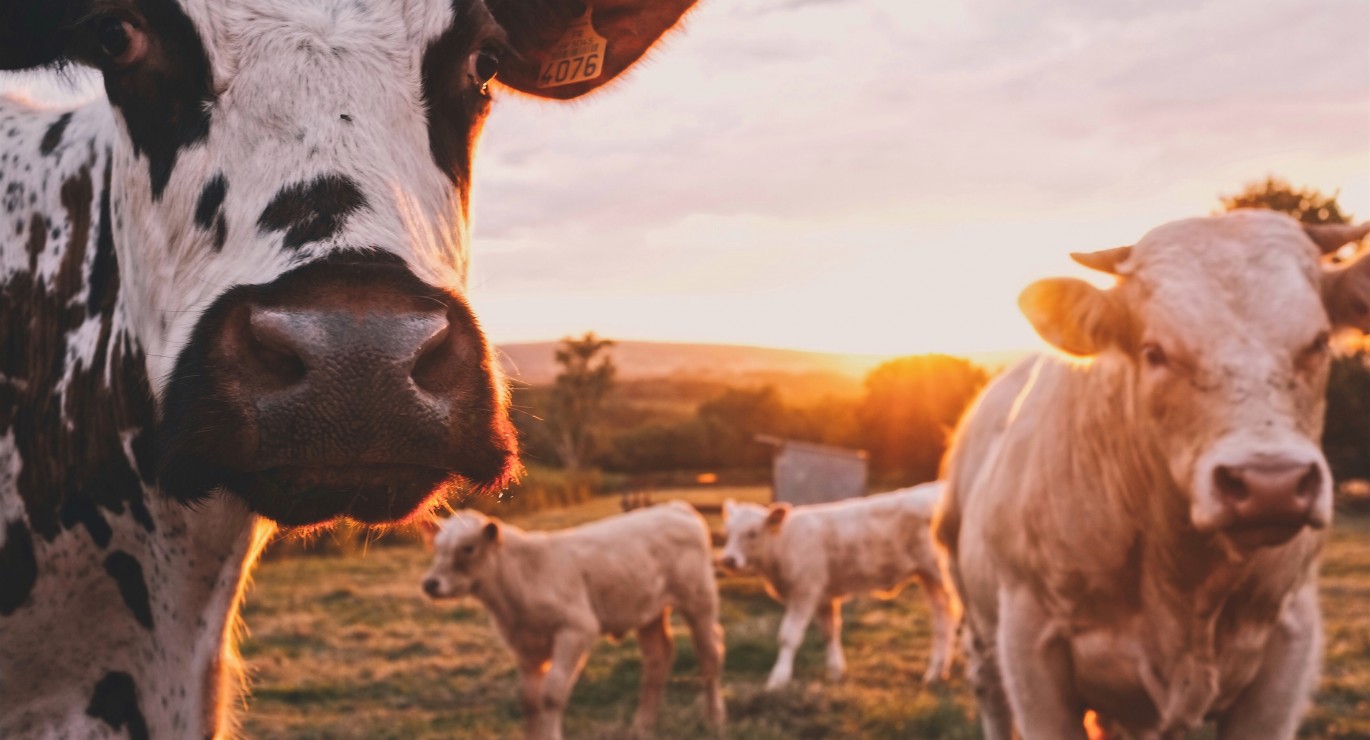
Once the butt of dubious jokes about the downside of eating too many beans and lentils, vegetarians and vegans are currently having the last laugh. The trend for not eating meat is currently booming, while the number of flexitarians – those whose diets are largely plant based but with the occasional steak or bacon sandwich when the urge takes them – is also on the rise.
Some people give up meat for ethical reasons. But others do it for the many health benefits, which suggest the average non-meat-eater has a lower-than-average risk of…
• Cardiovascular disease
• High blood pressure
• High cholesterol
• Diabetes
• Obesity
• Certain types of cancer (most notably bowel cancer)
• Psoriasis
• Cataracts
• Kidney stones
• Mood disorders
Going vegan or vegetarian, what vitamins should I take?
There are some downsides to not eating meat or fish, including the risk of not getting enough iron, vitamin B2 and vitamin B12 in your diet. And if you’re a vegan, your diet may also be low in calcium.
Protein is a different matter, however, as it isn’t difficult to get the amount you need these days if you stop eating meat and fish. Even the most mainstream supermarkets stock a variety of protein-rich meat substitute products such as Quorn, tofu and soya-based foods. Other non-meat protein sources include beans, seeds and nuts.
Tips for going veggie
If you’re thinking of going meat free, here are some of the things you should be aware of…
• Plant sources of iron – such as pulses, green vegetables and fortified breakfast cereals – aren’t absorbed by the body as effectively meat-based iron. But combining them with foods that contain vitamin C is thought to improve iron absorption.
• Boost your intake of vitamin B2 and B12 by eating fortified breakfast cereals, soya foods or a yeast extract.
• If you don’t eat dairy you can get your calcium from fortified soya products, tofu, brown or white bread, green leafy vegetables, nuts, sesame seeds and tinned salmon and sardines.
And if you don’t want to give up meat, why not consider just not having it every day? Many nutrition experts recommend having at least one non-meat day per week.
When you do have meat, try to make it as healthy as possible by removing any visible fat and skin. Also try not to have much processed meat, which means cutting back on sausages, bacon, burgers and ham.
The bottom line: going meat free – even if it’s just once or twice a week – can boost your health. But make sure you get all the essential nutrients you need.




